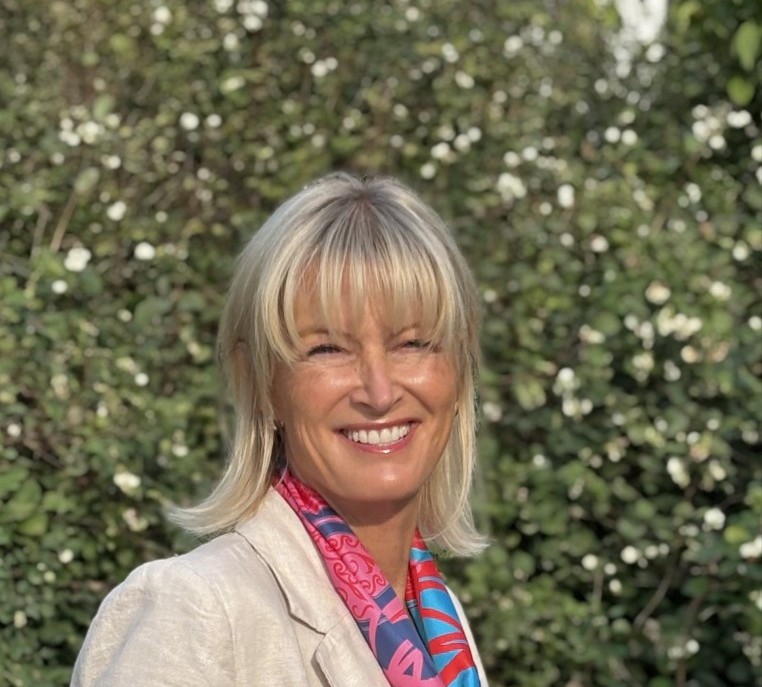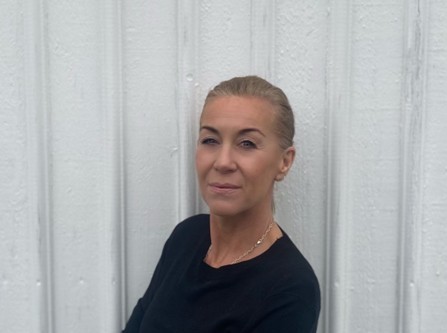Inspirational person of the week - Veronica Foberg Gustafsson
Over the years, you have developed your own model for giving feedback to your employees. Can you tell us how you


Over the years, you've developed your own model for giving feedback to your employees. Can you explain how you help people around you grow without focusing on their areas for improvement?
Something I've learned during my career is that I get the absolute most and best out of my employees when they know what's expected of them, feel appreciated, and receive confirmation that they're doing a good job and contributing to the overall picture. We humans grow from appreciation and praise. If, as a manager, you focus on what is good instead of areas for development – that is, pointing out what you think the employee is doing wrong or should improve – I am convinced that you get more out of each individual. Not everyone can be good at everything. But if everyone is given the opportunity to be their very best, I believe that leads to people doing more of what they are good at (and getting appreciated for) and less of what may not be so good.
If an employee has acted incorrectly, this should of course be addressed so that it is clear what applies. But then you should do it immediately, not wait for an employee review. It is also important to distinguish between actions and characteristics. It is incorrect actions that a manager has a responsibility to highlight and correct, not an employee's character traits.
My leadership philosophy is therefore to boost strengths while adapting leadership to each employee's differences and needs. I believe that we would have a much greater impact by focusing on creating opportunities for our employees to develop their strengths than on improving weaknesses.
In your current role, you manage communications in a company that, for many, is associated with sustainability and a circular economy. This has not always been the case. Can you elaborate on how you work to "transform" both internally and externally?
FTI has been responsible for 25 years for collecting packaging and newspapers throughout Sweden so that they can be recycled to the highest degree possible. This means that in practice, we have been working for a circular economy long before the term was invented. We are very much a sustainability company, but our daily operations consist primarily of logistics and transportation. Many companies are trying to find new ways to work with sustainability, but in our case, our entire core business is sustainability work.
What we are doing now is, in various ways, highlighting the excellent and important sustainability work we do to, to some extent, change the image of ourselves, both internally and externally. We are more accessible and visible in the media, we try to highlight the importance of recycling in campaigns, and we invest heavily in spreading knowledge. For example, we have made a fantastic investment targeting children of preschool age where we have built a completely new world, Material World https://materialvarlden.se, which is about teaching children about recycling. Our goal is that everything we do externally should also build pride internally.
Now that it is Corona times, you mostly work from home. How has your leadership changed to create engagement and motivation in your team when you work remotely?
My leadership doesn't really differ that much from what it was before, I just do a little more of the same thing. I have closer dialogues, more regular check-ins, try to encourage more, be clearer and more accessible when someone needs to discuss an issue. I also think that we need to be a little extra generous with praise in the situation we are in now, an extra pat on the back in the form of a GIF or a smiley in the chat. It's easy for meetings via Teams to be shorter and more effective, which can be good, but we also need the social aspect, and that is probably the biggest challenge. The work is going better than expected, and in principle, all tasks can be performed with just as high quality remotely. But we also need to meet, laugh together, and feel that we belong to a team and a context. To meet that need, we have scheduled daily check-in meetings with video. It is important that we see each other even if it is via a screen. When I ask my employees, it is those meetings that are the most important. There we can talk about work matters but also what we are going to do for the weekend, how the house renovation is going, or other things that we might have talked about at the coffee machine. So even though remote work works well, I am very much looking forward to when all this is over and we can start meeting as before. Because no matter how good digital solutions you come up with, I don't think anything will ever surpass the human meeting.
Contact
What challenges are you facing today? - We would love to hear from you!





